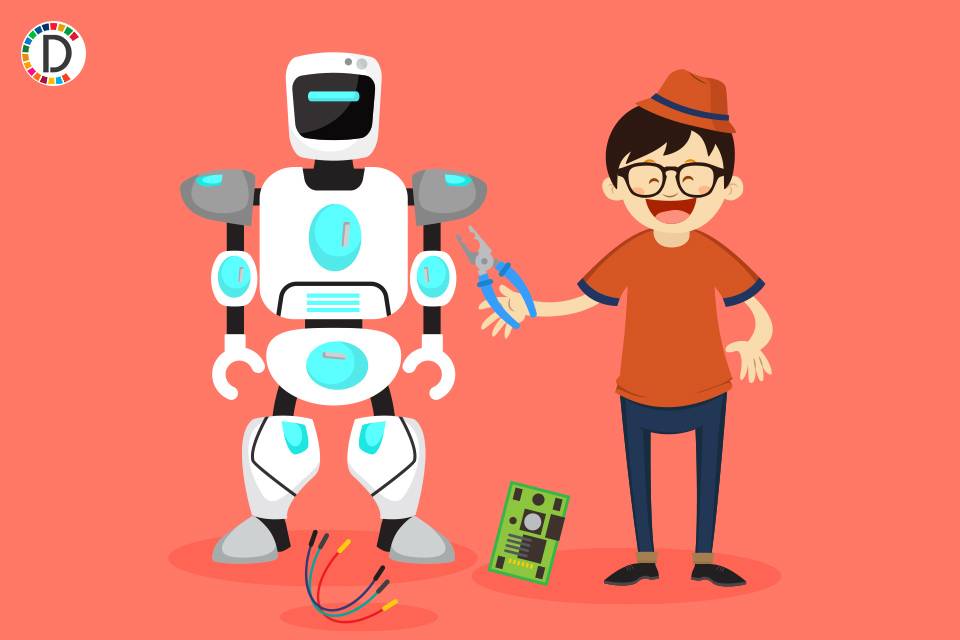Science News Roundup: NorthStar and Thales Alenia Space begin work on satellites; On the moon, water water everywhere and more
On the moon, water water everywhere and not a drop to drink (yet) The moon lacks the bodies of liquid water that are a hallmark of Earth but scientists said on Monday lunar water is more widespread than previously known, with water molecules trapped within mineral grains on the surface and more water perhaps hidden in ice patches residing in permanent shadows.

Following is a summary of current science news briefs.
NorthStar and Thales Alenia Space begin work on satellites to combat space collisions
Canada's NorthStar Earth & Space and Thales Alenia Space said on Tuesday they will begin work on a commercial satellite system to combat the threat of collisions in space. NorthStar, an information service company, said it has contracted Thales Alenia Space, a joint venture between France's Thales and Italy's Leonardo, to build the first three satellites of its "Skylark" constellation.
On the moon, water water everywhere and not a drop to drink (yet)
The moon lacks the bodies of liquid water that are a hallmark of Earth but scientists said on Monday lunar water is more widespread than previously known, with water molecules trapped within mineral grains on the surface and more water perhaps hidden in ice patches residing in permanent shadows. While research 11 years ago indicated water was relatively widespread in small amounts on the moon, a team of scientists is now reporting the first unambiguous detection of water molecules on the lunar surface. At the same time, another team is reporting that the moon possesses roughly 15,000 square miles (40,000 square kilometers) of permanent shadows that potentially could harbor hidden pockets of water in the form of ice.
Miniature organs help test potential coronavirus drugs; GI symptoms linked to severe COVID-19
The following is a roundup of some of the latest scientific studies on the novel coronavirus and efforts to find treatments and vaccines for COVID-19, the illness caused by the virus. Miniature lungs, colons help test COVID-19 treatments.
Saudi Arabia plans $2 billion boost for space programme by 2030
Saudi Arabia is planning an 8 billion riyals ($2.1 billion) boost for its space programme by 2030 under an economic diversification plan that aims to attract foreign investment and create thousands of jobs for young Saudis. The Saudi Space Commission (SSC), set up by a royal decree in late 2018 to stimulate space-related research and industrial activities, has finalised a plan for the government, expected to be revealed later this year, under which the sector's budget would receive an initial boost of 2 billion riyals.
(With inputs from agencies.)
- READ MORE ON:
- Saudis










